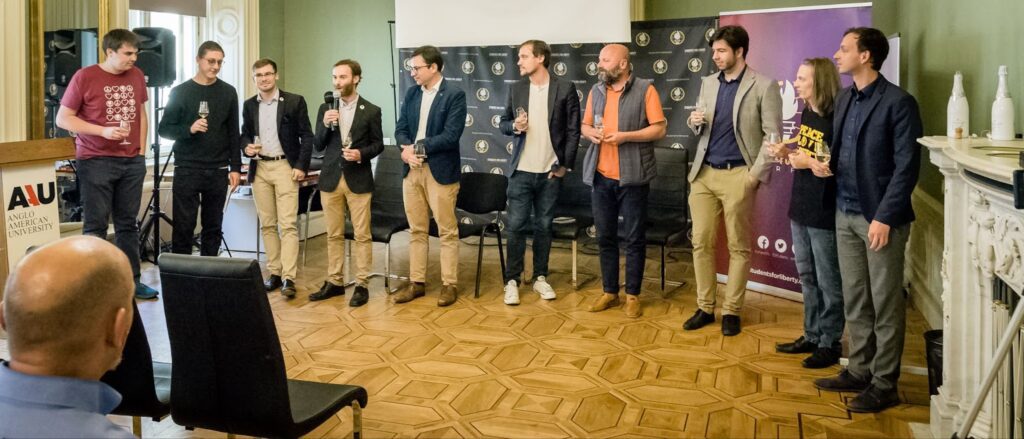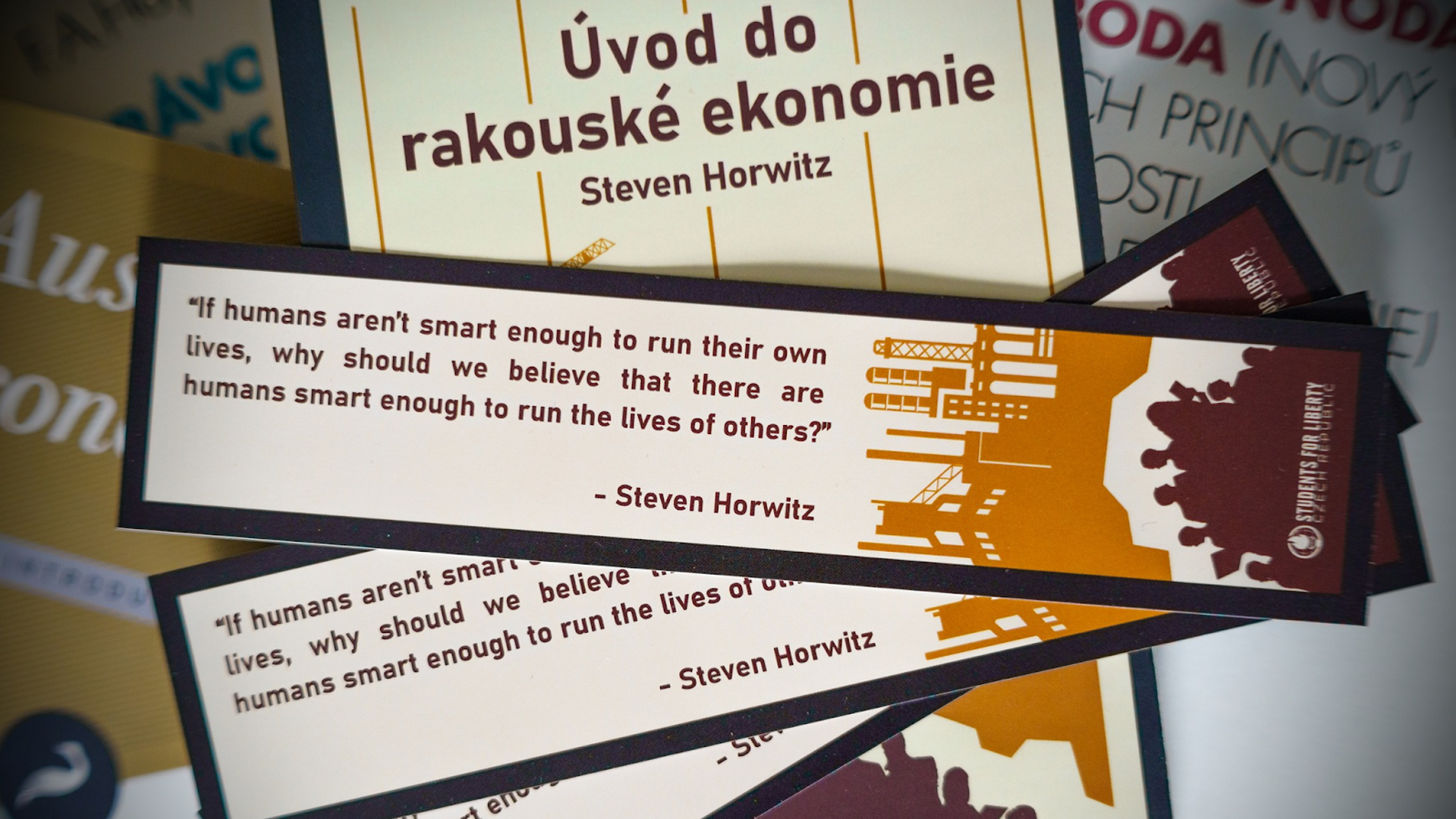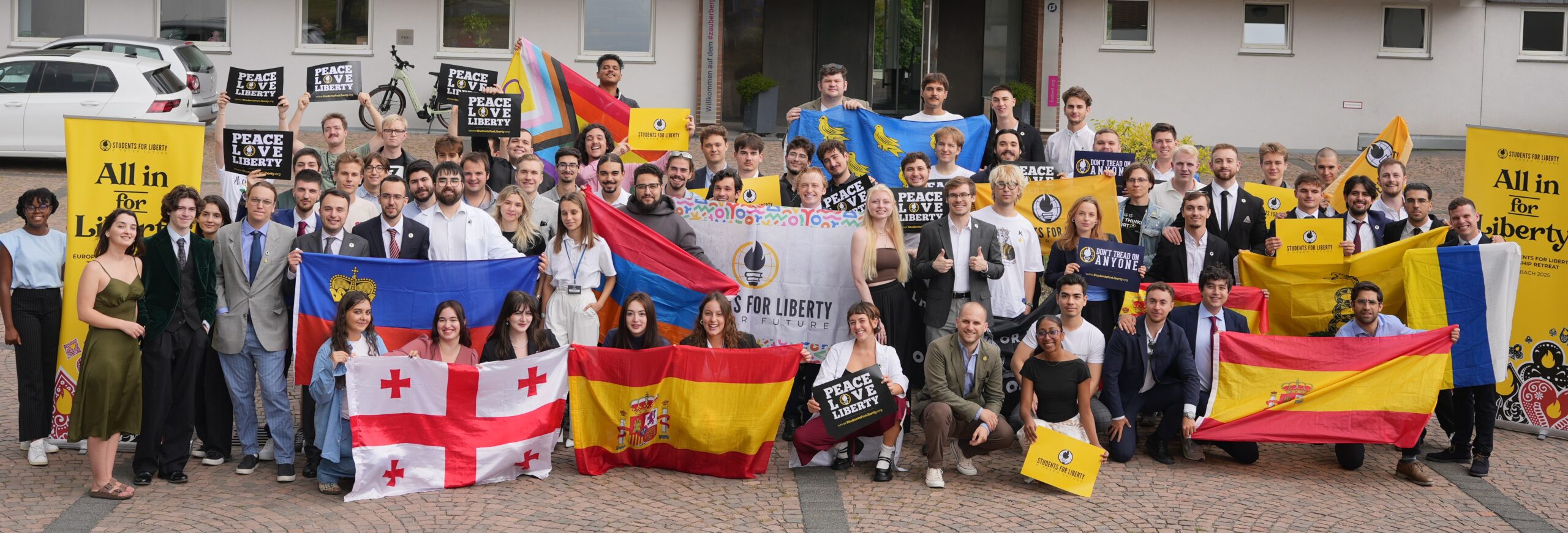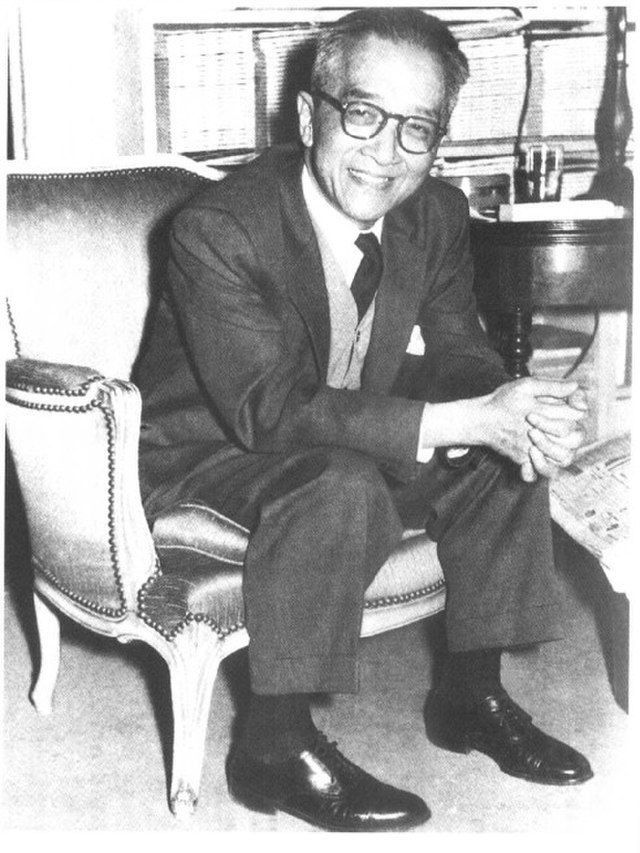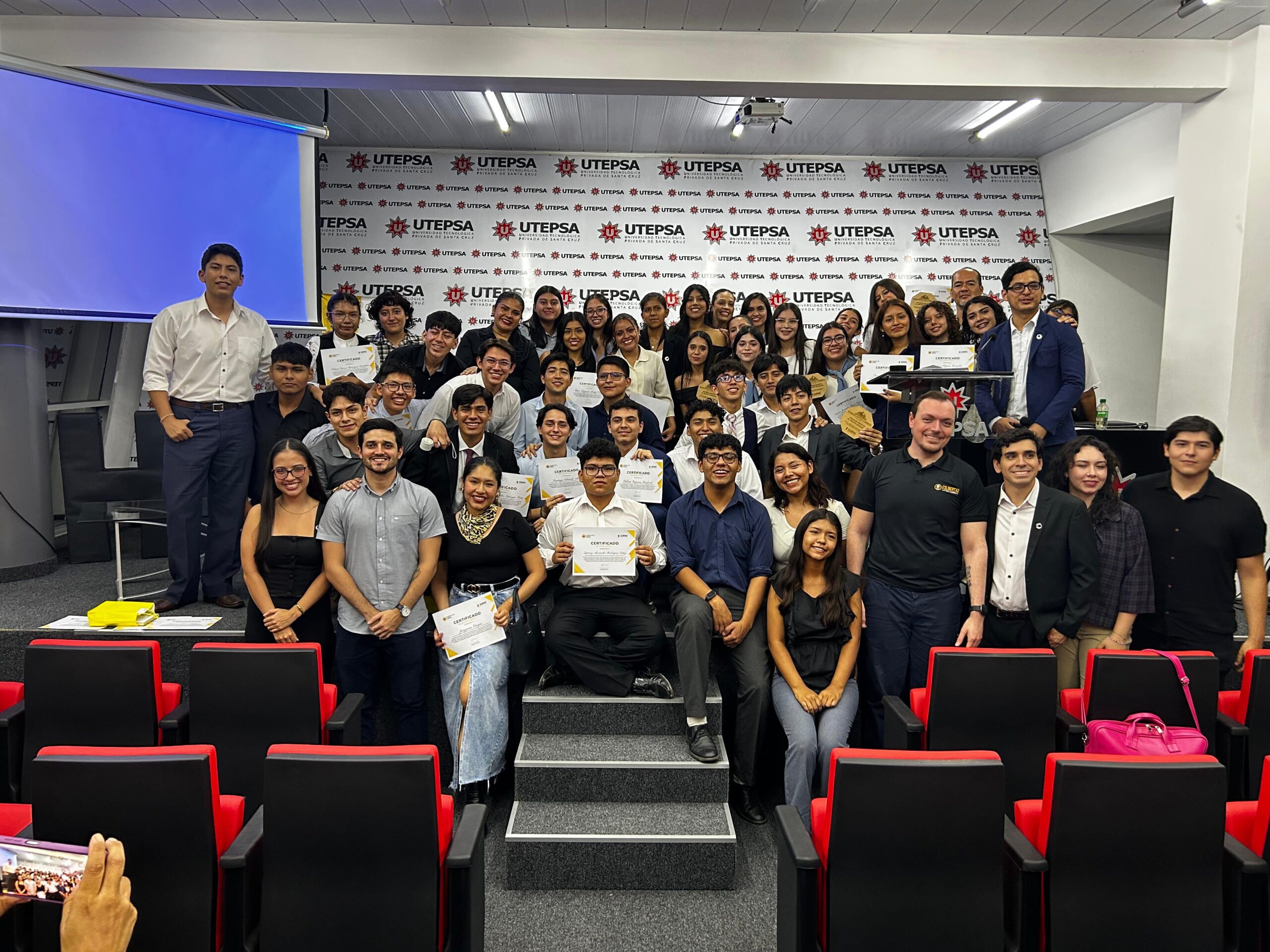With inflation soaring, our team in Czechia is working on providing sound economic education. For that purpose, they have decided to translate and publish a Czech version of Austrian Economics: An Introduction, the latest publication by Professor Steven Horwitz, whom the team has also hosted at their events in the past.
“We decided on Austrian Economics: An Introduction by Steve Horwitz for several reasons — it sums up the ideas of the Austrian school and classical liberalism in a precise, concise, and accessible way for beginners, which makes it a great tool for experienced freedom fighters to explain the ideas to their friends and others. At the same time, it is the last book Professor Horwitz published before he passed away, and we wanted to honour him by making this our first publication since 2014,” says Filip Blaha, the Czech team’s National Coordinator, who worked on the translation together with Ondřej Chlubna, the leader of the team’s chapter in Brno.
The editing process, typesetting, cover design, printing, and administration of the project were all managed by another one of our volunteers, Radek Cieslar.
More than 700 copies of the book were meticulously printed, with the intention of freely distributing them at universities and the team’s various events. This accomplishment was made possible thanks to a generous student grant awarded to the team by the esteemed Atlas Network in support of this publication.
The team celebrated the publication with a special launch conference, during which many copies of the book — Úvod do Rakouské Ekonomie in Czech — were distributed for the first time. The event featured talks by participating student leaders, Professor Josef Šíma, who played a key role in introducing Austrian economics literature in the country, Dominik Stroukal, the author of the first Czech book on Bitcoin and a popular economist, and Pavel Potužák, one of the country’s leading Hayekian experts and a member of the Institute for Economic Education. They all gathered to discuss the future of Austrian economics and economic education in general. Additionally, all three experts contributed to the book by providing a Czech introduction and back-cover text to enhance the publication’s credibility. Among the audience were government economic advisors, academics, as well as students, and many new faces.
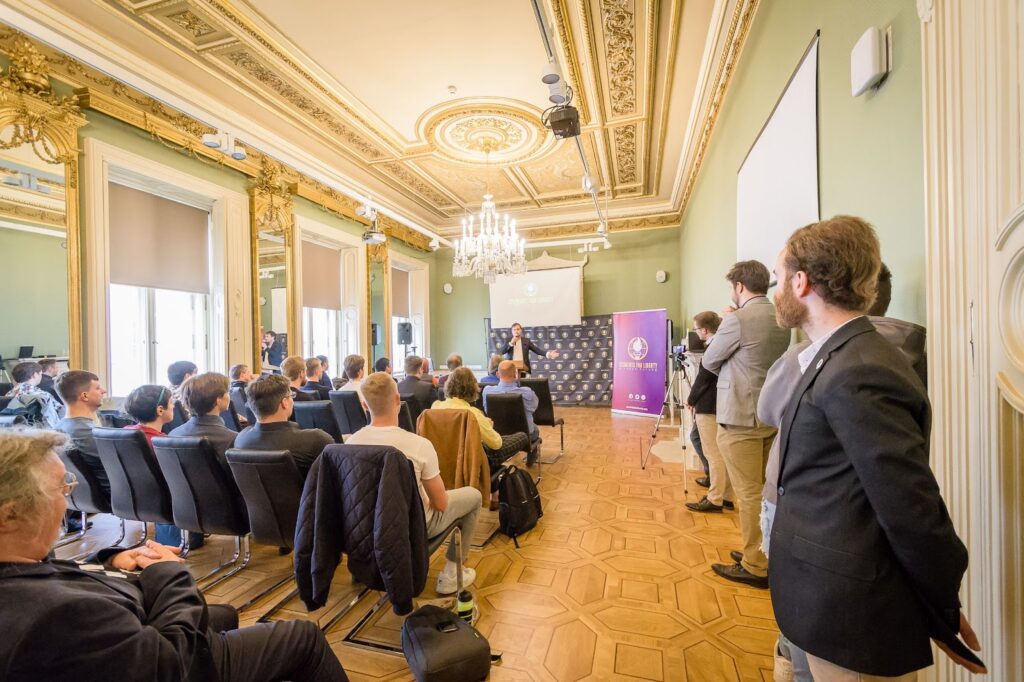
Thanks to the long-term cooperation that the team has established with the Liberální institut, the country’s oldest liberal think tank, the book is now available not only at the team’s events and tablings but also through the institute’s e-shop. The event was also released as an episode of the Liberální institut’s podcast.
In addition, students generously donated copies of the book to the largest Czech libraries. Furthermore, the team received an independent request from Masaryk University in Brno for copies to be added to their library.
“Many people tend to demonise money and view the profit motive as the ultimate evil these days,” says our volunteer Radek Cieslar, who played a key role as the main coordinator of the publication and translation process. “Through the translation of Austrian Economics: An Introduction, my intention was to connect with these individuals and elucidate the true nature of sound money and its indispensable role in our daily lives.”
With over half of the printed copies already distributed within a month since the launch, the team is already considering a reprint or embarking on a new translation project.
